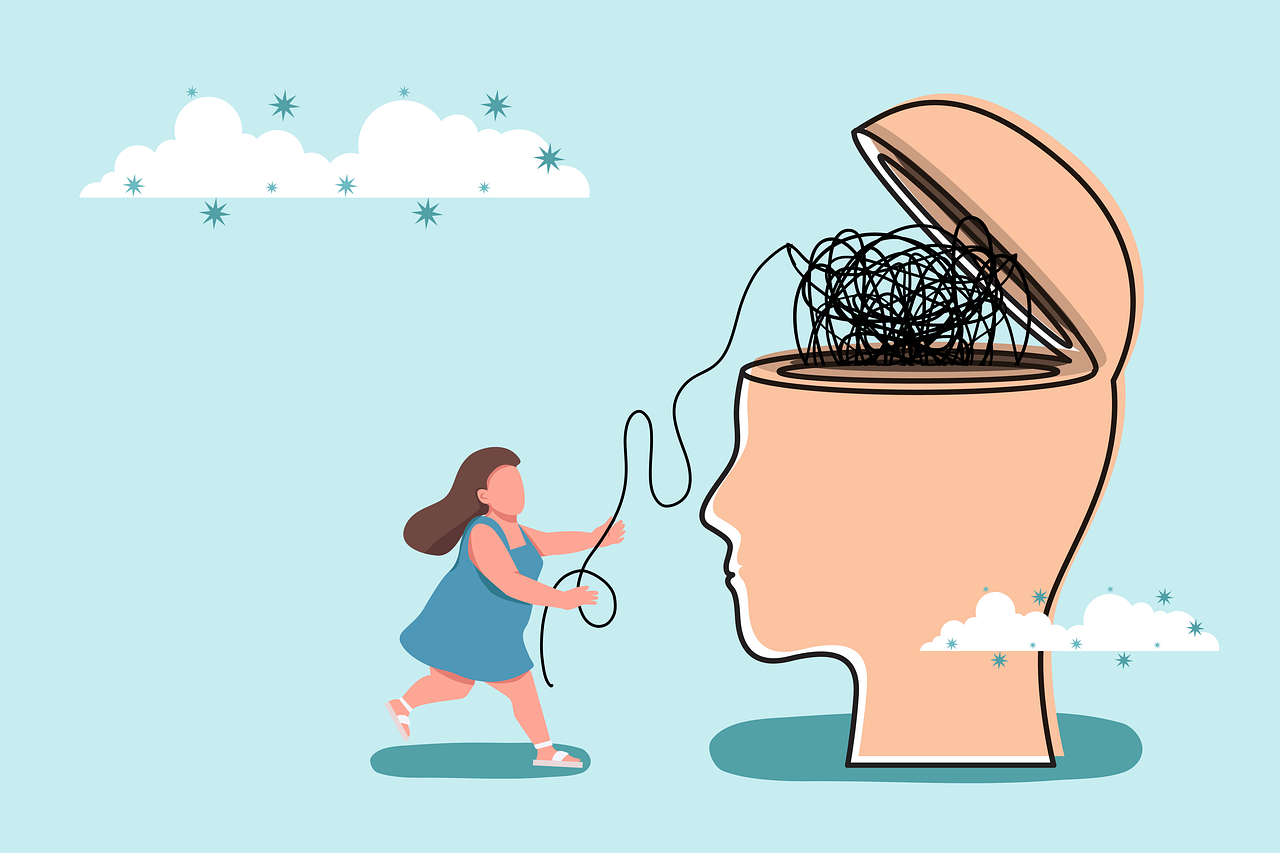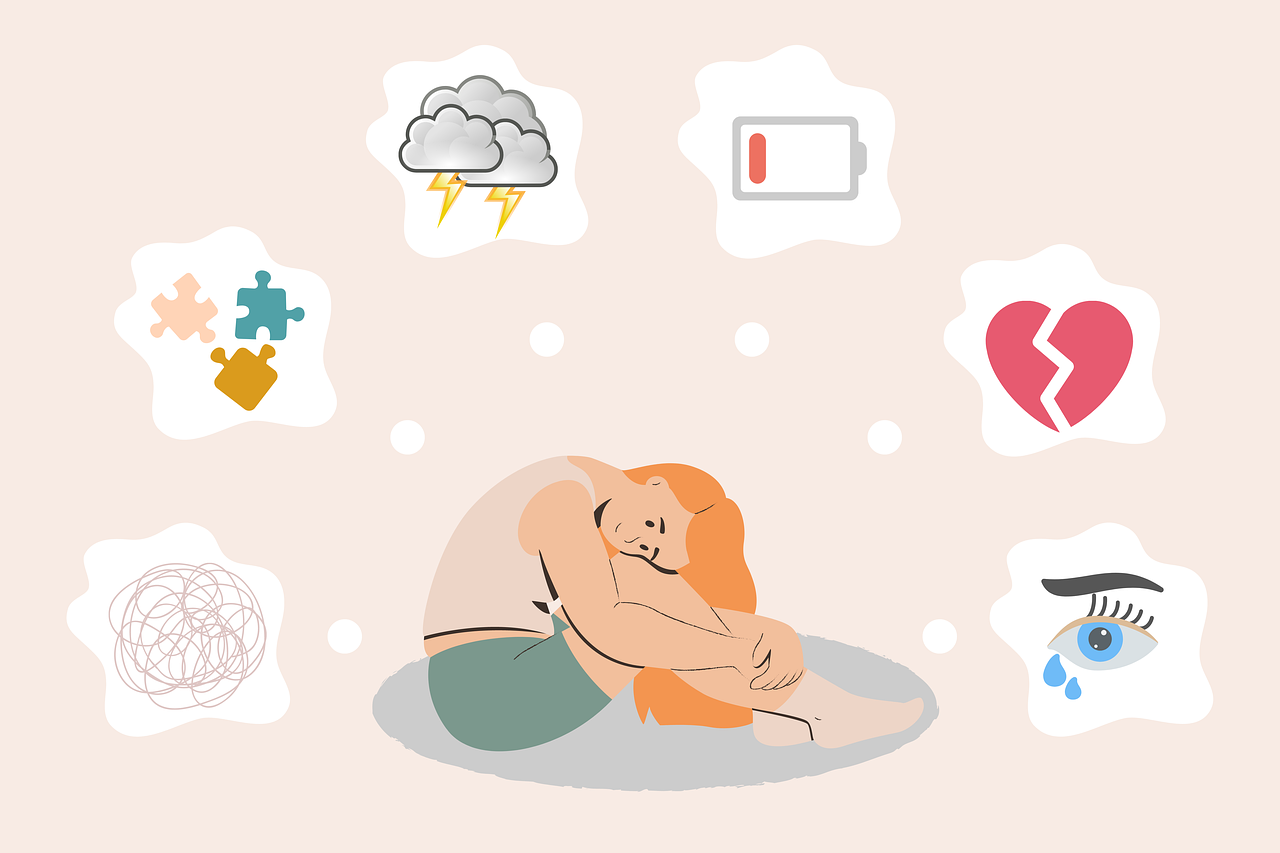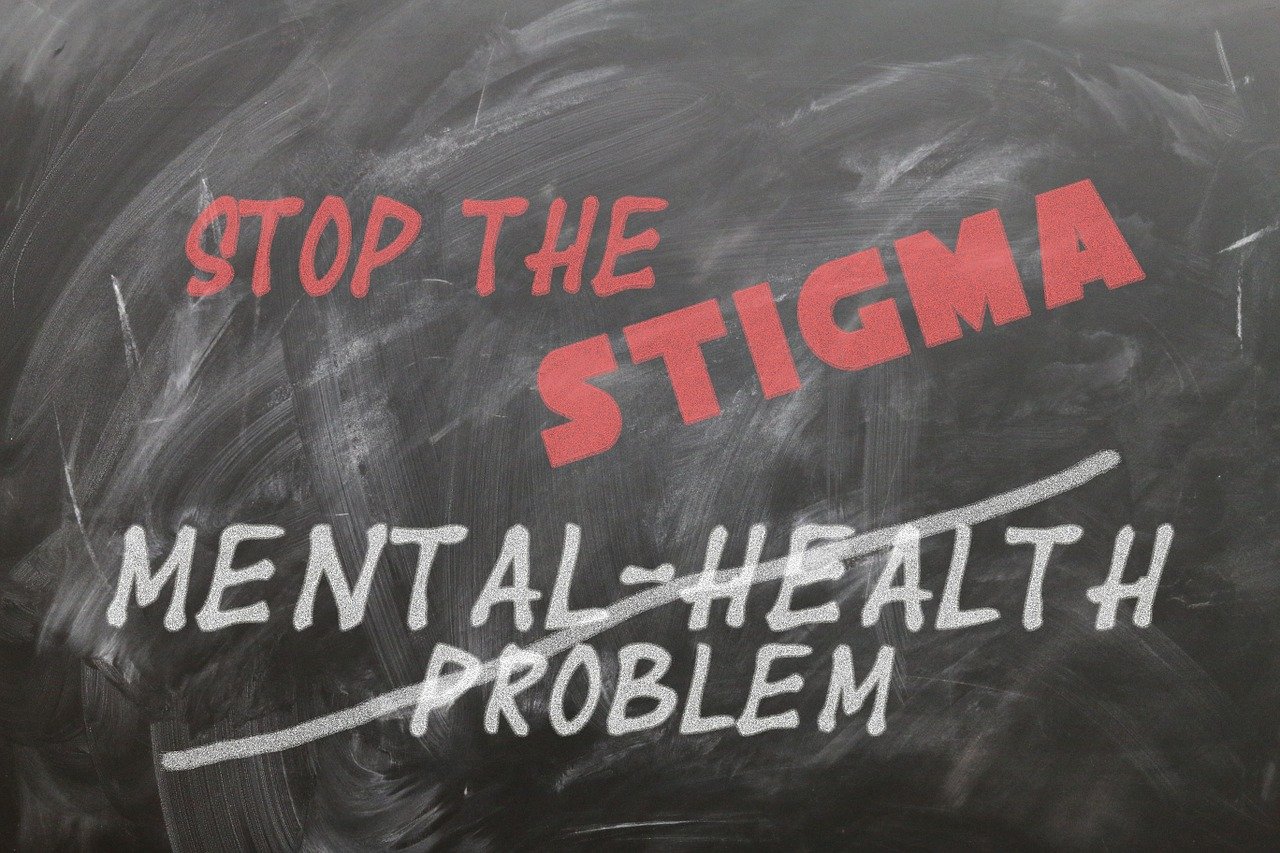By Nikolina Koulouri,
In a world that celebrates progress and innovation, mental health remains a topic cloaked in misunderstanding and prejudice. The silent struggles of countless individuals often go unnoticed, overshadowed by the stigma that surrounds mental illness. This pervasive stigma not only discourages open conversations, but also impedes access to crucial support and treatment, leaving many to suffer in silence.
Stigma manifests in various forms—societal, structural, and self-inflicted. Societal stigma perpetuates negative stereotypes and misconceptions, leading to discrimination and social exclusion. Structural stigma is embedded within policies and systems that fail to provide adequate resources and support for mental health care. Self-stigma occurs when individuals internalize these negative beliefs, resulting in feelings of shame and worthlessness.
The consequences of stigma are profound, affecting every aspect of an individual’s life. It can deter people from seeking help, disrupt their personal and professional relationships, and reduce their overall quality of life. Breaking the silence and challenging these ingrained prejudices is not only a moral imperative but a public health necessity. Despite advancements in mental health awareness and understanding, stigmatizing attitudes and discriminatory behaviors persist. And that is why I am here today. To provide information about the stigma as well as suggest ways to help those in need of help.

So let’s have a quick look to the deeper meaning of the so-called mental health stigma. Mental health stigma involves negative attitudes, beliefs, and behaviors towards individuals who have mental health conditions. This stigma can manifest in two main forms: public stigma and self-stigma. The first form of stigma occurs when society endorses stereotypes and prejudices, leading to discrimination against people with mental health issues. It can result in social exclusion, unfair treatment, and systemic barriers in employment, education and healthcare. Self-stigma happens when individuals internalize these public attitudes, leading to diminished self-esteem and self-efficacy. People may begin to view themselves through the lens of these negative stereotypes, which can exacerbate mental health problems and hinder recovery.
After understanding everything mentioned above, I believe that it is obvious that the consequences of mental health stigma are profound and extremely far-reaching. Stigma can deter individuals from seeking help due to fear of judgment or discrimination. Many people prefer to suffer in silence rather than face the social repercussions of being labeled with a mental illness. Those with mental health conditions often experience isolation as a result of stigmatizing attitudes. Friends, family, and colleagues may distance themselves, leading to loneliness and further psychological distress. I shall not also forget about mentioning stigmatization in the workplace. Unfortunately, it can limit job opportunities and career advancement. Employers may be hesitant to hire or promote individuals with known mental health issues, fearing reduced productivity or increased liability.
Events as mentioned above may cause various forms of disappointment, leading to a severely reduced quality of life. The internalization of stigma can lead to lower self-worth, increased stress, and a reduced sense of personal accomplishment. This can negatively impact overall well-being and hinder the recovery process.

Addressing mental health stigma requires a multi-faceted approach involving education, advocacy and systemic change, due to its complex nature. Education is the most important social structure that can effectively alter the situation about mental health stigma. Public education campaigns can help dispel myths and misconceptions about mental health. Promoting accurate information about mental health conditions and their prevalence can foster greater understanding and empathy. Also, sharing personal experiences of living with mental health issues can humanize the condition and reduce fear and misunderstanding. Stories of recovery and resilience can inspire hope and encourage others to seek help. You should not forget that media plays a crucial role in shaping public perceptions. Encouraging responsible and respectful portrayals of mental health in film, television, and news can challenge stereotypes and normalize mental health conversations. Finally, building supportive communities where individuals feel safe to discuss their mental health without fear of judgment is vital. Support groups, peer networks and inclusive social environments can provide a sense of belonging and validation.
Overcoming mental health stigma is crucial for creating a society where individuals feel empowered to seek help and live fulfilling lives. By fostering understanding, challenging prejudices and promoting inclusive policies, we can break down the barriers of stigma and support the mental well-being of all. Embracing mental health as a critical aspect of overall health is not only compassionate but also essential for a healthy, functioning society.
References
- Mental illness stigma. healthdirect. Available here
- Stigma, Prejudice and Discrimination Against People with Mental Illness. Psychiatry.org. Available here




